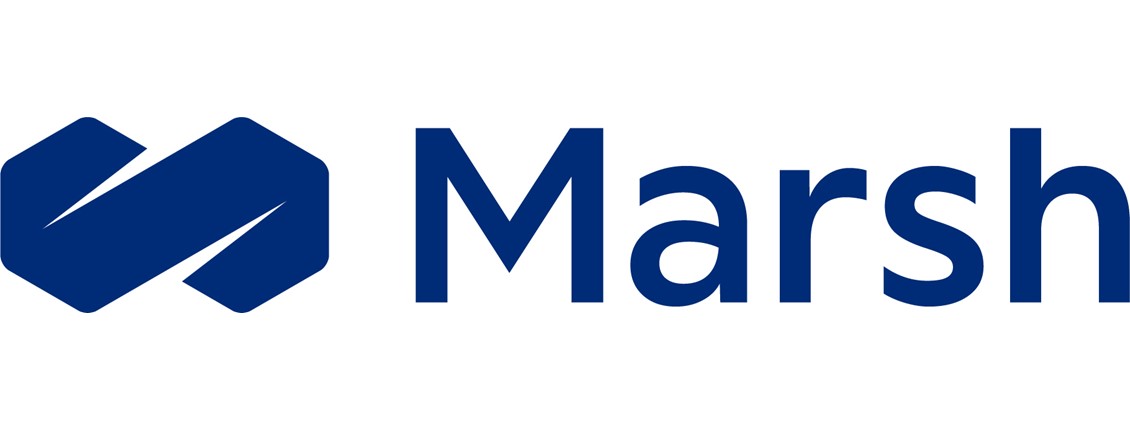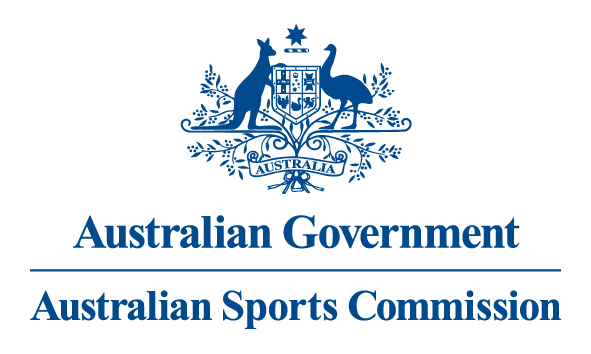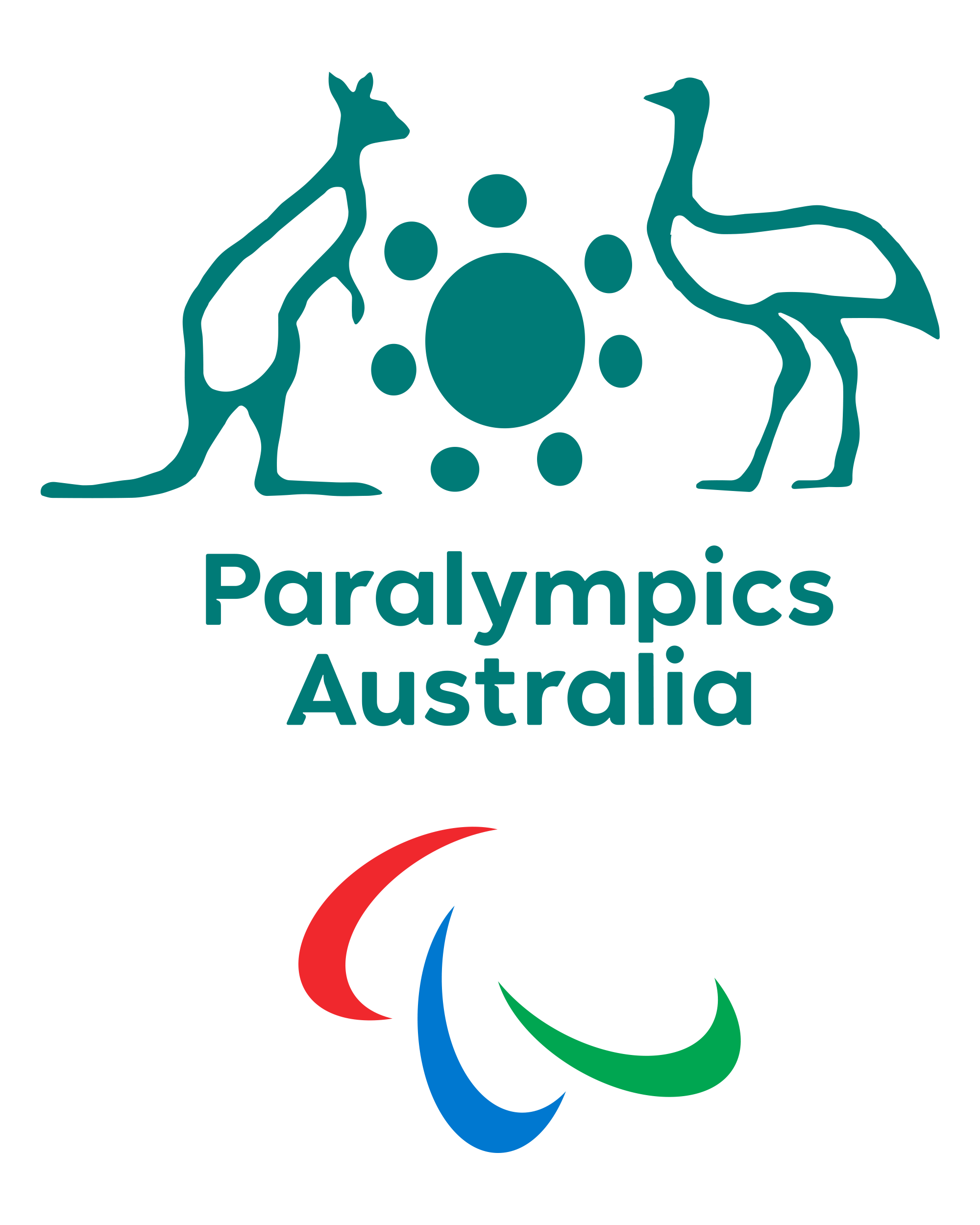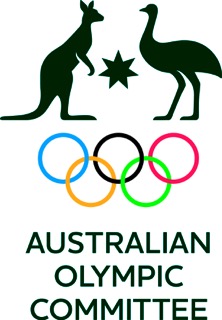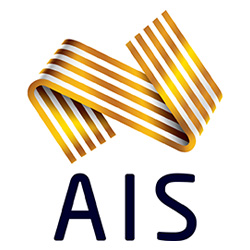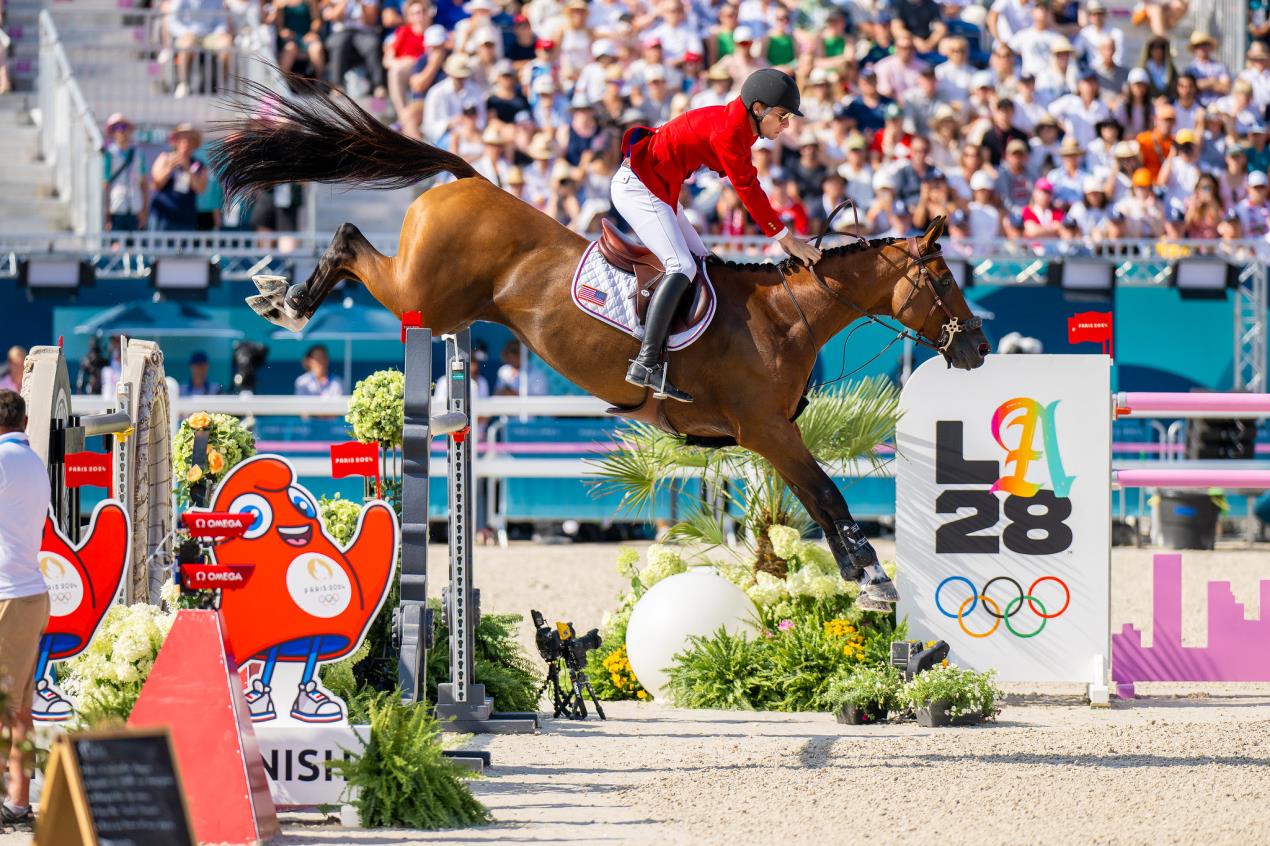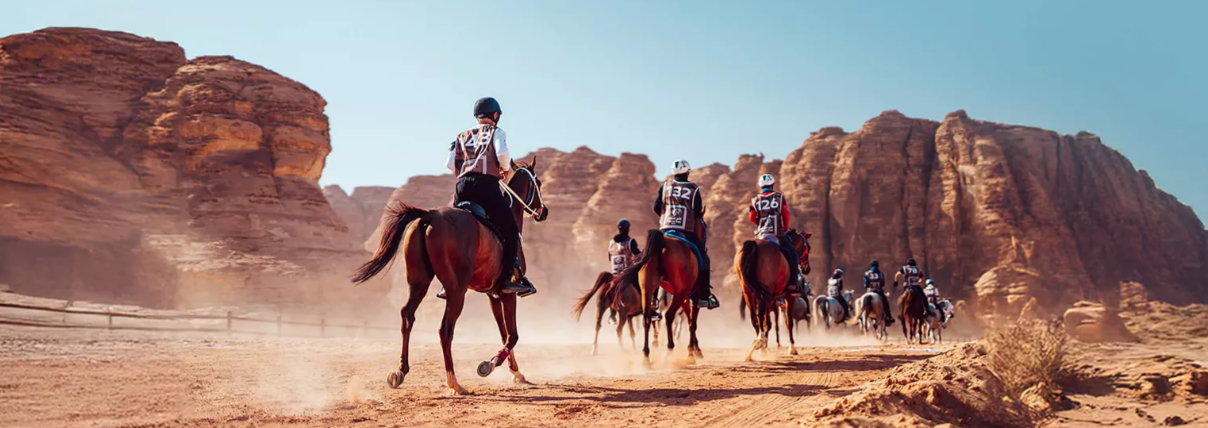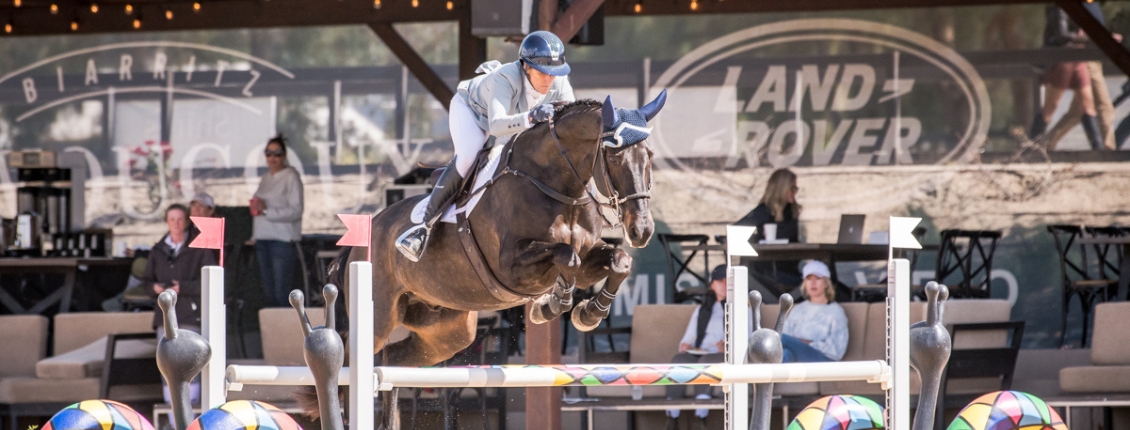Time to step-up says Rio team leader
One year out from the 2016 Olympic Games in Rio de Janeiro, Chef de Mission of the Australian Olympic Team, Kitty Chiller, says it is time some other sports “stepped up” and won medals to ease the pressure on our swimmers.
“The swimmers should not carry the burden of medal success for the entire Team,” she said.
“History shows the swimmers win around a third of our medals at the Games. In London they won 10 and we finished with 35 medals. There have been big developments and if the swimmers produce 15 medals in Rio that points to us winning around 45 medals.
“An excellent result but I feel we need to take the pressure off the swimmers, we should not rely on them to always deliver the bulk of our medals. It is time the other sports stepped up.”
The Australian Swim Team are in Russia this week for the World Championships and after three nights of finals the signs are positive ahead of Rio.
It is the World Championship season for most Olympic sports and a crucial time for indicating how athletes are placed a year before the Olympics and securing the important quota places for Australian athletes.
The anticipated Team for Rio 2016 will be between 460 and 470 athletes. To date 98 quota places have been secured. Chloe and Max Esposito are the first athletes selected to the Team. The sibling modern pentathletes were announced in June.
Chiller is not backing away from the goal of finishing in the top five nations on the gold and overall medal tally.
“If our sports continue to sharpen their preparations and focus, and if we at the AOC continue to ensure we plan and implement the best possible performance environment – logistically, operationally and culturally, then we are in with a chance
“At the Sydney 2000 Games, Australia won medals across 20 sports. In London, the results fell away with medals in just 13 sports.
“We need a much better spread of medals in Rio. We need to turn 7 gold medals in London into 14 gold in Rio. It is an aspirational goal but achievable.
“Our athletes need to be competition ready and also need to be podium ready – they need to do all the little one percenters in the next 12 months to make sure they are ready, physically and mentally, for a podium performance.”
Chiller can see plenty of positive signs.
“In recent weeks we have seen very encouraging results in BMX, diving and archery. Jason Day was a winner in Canada and has featured on the leader board at most of the big tournaments this year. Karrie Webb and Minjee Lee are also achieving the right results on the golf course.
“Our track cyclists are flying, the sailors are on track, Kim Crow is leading a strong rowing squad. Jess Fox continues to dominate in slalom and on flatwater the women have stepped up since London to join the consistent men.
“In athletics Kim Mickle (javelin) and Dani Samuels (discus) lead a strong group of field athletes into the World Championships and Jared Tallent will be hard to beat in the walks. Sally Pearson will be back to inspire the track team and defend her title come 2016.”
The signs for Team sports are very encouraging and a breakthrough or two are on the cards.
“Both the men’s and women’s hockey teams have stepped up since London. Our women’s water polo and basketball teams are consistently on the podium and in Rio there is now the talent for a breakthrough medal from the men’s basketball team and men’s water polo.
“The women’s rugby sevens squad are an outstanding addition to the Olympic Team and they will be pushing the Kiwis all the way for the gold. The men can also create history at the events debut.
“The women’s football team showed at the World Cup they are now a real force and a tough road through Asia to qualify will see them battle ready come August next year.”
It is too early in the 2015 benchmark cycle to make a medal prediction but the 2014 benchmark study had Australia in equal 7th on the overall medal tally. Chiller thinks we can do better.
“I would like to see beach volleyball, triathlon, archery, equestrian, taekwondo and shooting climb back on to the podium because they were all there in Sydney 15 years ago.”
As much as there is always a focus on medals at the Olympic Games Chiller is successfully developing a new culture with the Australian Olympic Team that will not only impact medals but just as importantly she hopes there will be more finalists and personal best performances that will help with a ‘life best experience’ for athletes and coaches.
Later this month Chiller will travel to Rio for the Chef de Mission’s seminar and attend several test events. Space planning for the Australian allocated tower in the Athletes Village is being finalised and more work done at sub-sites, including the exclusive venue secured by the AOC known as The Edge for recovery, performance analysis and family functions.
Every day is about creating the best environment for the Australian athletes to perform at their best.
“I want to provide an environment where athletes feel supported, respected and comfortable. That will require every single Team member to play their part – supporting their team mates, respecting our performance focussed environment and also respecting the honour and tradition of being an Australian Olympian.”
Rio 2016 Fast Facts
Opening Ceremony is at 2000 on Friday 5 August 2016. Games conclude Sunday 21 August. (Rio is 9hrs behind AEST).
Competition starts on 3 August in Football Prelims. Over the 19 days there are 306 medal events across 28 sports.
10,500 athletes from 206 countries (South Sudan added).
33 competition venues will be spread across 4 precincts in Rio. Football played in 6 cities around Brazil - Rio, Brasilia, Salvador, Manaus, São Paulo and Belo Horizonte.
2016 Australian Olympic Team Snapshot
Team Size: Expected 2016 Australian Olympic Team is between 460 - 470 athletes.
Bulk of increase since London is expectation of qualifying in Football and the addition of Golf and Rugby Sevens to the Olympic program.
Quota places to date: 98 spots from 13 disciplines.
Selected athletes to date: Modern Pentathletes Chloe Esposito and Max Esposito (extensive bios on Team website).
Australian athletes in Beach Volleyball, Canoe/Kayak – Sprint, Open Water Swimming, Road Cycling, Rowing, Sailing and Triathlon will stay in sub-sites close to their venues until they compete and then they move into the Athletes’ Village in Barra.
Budget for the Team is $32 million ($20m to send and $12m to prepare). This is from Sponsorship and Fundraising. Not Federal Government funding. The Government funds National Federations via the ASC.
2014 benchmark results (should the Olympic Games be held in 2014) ranked Australia 7th on overall medal tally (43) and 7th on gold medal tally (13).
London 2012 Snapshot
The 2012 Team was 410 athletes. Australia won medals in 13 sport/disciplines in London - Athletics, Basketball, Canoe/Kayak – Slalom, Canoe/Kayak – Sprint, Cycling – BMX, Cycling – Track, Diving, Hockey, Rowing, Sailing, Swimming, Triathlon, Water Polo.
2012 medal tally was 35 medals - 7 Gold, 16 Silver and 12 Bronze. Finished 10th on Gold and 7th on Total. In London swimmers won 10 medals (1G, 6S, 3B).
Sydney 2000 Olympian Kitty Chiller was a Deputy Chef in 2012 and has since taken over from Nick Green. Deputy Chefs for 2016 are Matt Favier (Performance Excellence), Fiona de Jong (Planning & Execution), Chris Fydler (Information Services) and Danielle Woodward (Copacabana Zone).
Previous Australian Olympic Team Sizes
London 2012 – 410, Beijing 2008 – 436, Athens 2004 – 482, Sydney 2000 – 632, Atlanta 1996 – 425, (Melbourne 1956 – 323)

